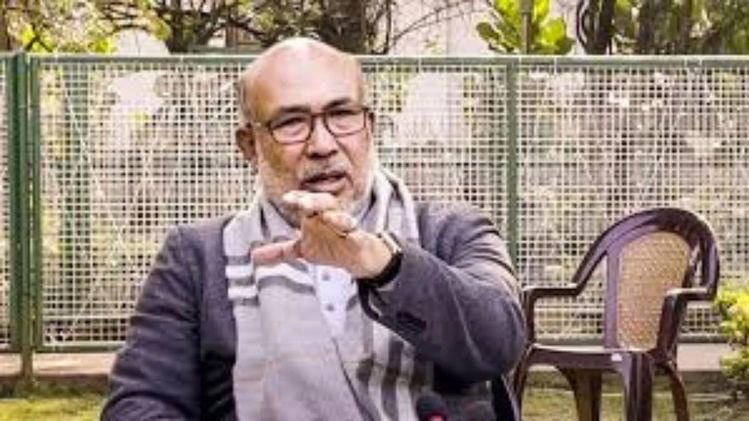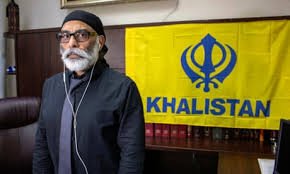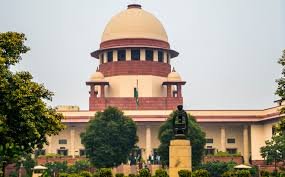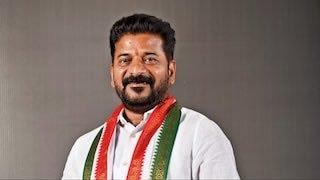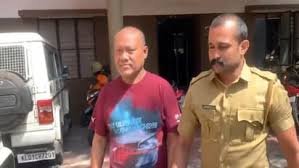The Central Forensic Lab submitted an ambiguous report in a sealed envelope—prompting visible displeasure from the Chief Justice. The court’s insistence on institutional credibility underscores the seriousness of the discrepancies.
BY PC Bureau
New Delhi, July 31, 2025: The Supreme Court has finally listed the high-stakes Biren Singh audiotape case for hearing on August 4, 2025. The petition—filed by the Kuki Organization for Human Rights (KOHUR)—has been registered as W.P.(C) No. 702/2024: KOHUR vs Union of India and Another, and is set to be heard in Court No. 13 as Item No. 42, subject to the day’s cause list.
The case centers on a series of leaked audio recordings allegedly featuring former Manipur Chief Minister N. Biren Singh, in which he is purportedly heard making inflammatory, communal, and incriminating remarks related to the ethnic conflict that rocked the state in 2023. The tapes, widely circulated on social media, triggered demands for an impartial forensic verification and legal accountability.
On May 5, 2025, a Supreme Court bench led by Chief Justice Sanjiv Khanna had directed the Central Forensic Laboratory (CFL) to file a fresh, conclusive report on the authenticity of the tapes after contradictory analyses emerged. The Court had instructed the case be relisted in the week of July 21.
Biren Singh Audio Tape Case Next Hearing:
Supreme Court has listed the case as follows: Case No. W.P.(C) NO. 702/2024 – Kuki Organization for Human Rights vs. Union of India and Anr. is listed on August 4, 2025, in Court No. 13 as Item No. 42, subject to the order for the day.”— H S Benjamin Mate (@BenjaminMate1) July 31, 2025
That week passed without hearing or explanation, sparking criticism and raising suspicions of deliberate delays. Critics have dubbed the case a “classic date-pe-date” episode—a term used in India to describe legal cases that suffer endless adjournments without resolution.
READ: Jiribam and Imphal: Two Brutal Cases—One Fast-Tracked, the Other Forgotten
Frustrated by the inaction, KOHUR filed a fresh mentioning petition this week, seeking immediate listing of the matter, which finally prompted the Court to assign a hearing date.
Earlier this year, Truth Labs, a private forensic agency, had submitted a report confirming “with high confidence” that the voice in the audio was indeed Biren Singh’s. The report cited advanced analysis including waveform comparison, pitch contour mapping, and linguistic patterning.
In contrast, the report from CFL, submitted to the Court in a sealed envelope, was criticized by the bench for being vague and non-committal. During the last hearing, Chief Justice Khanna reportedly asked Solicitor General Tushar Mehta, “What is this FSL report?” and noted with concern that the Solicitor General had not even reviewed the contents.
READ: Patna Horror: AIIMS Nurse, Two Children Burnt Alive
“The court is not here to protect any individual involved in wrongdoing,” CJI Khanna emphasized, underlining the stakes for institutional credibility.
The Solicitor General attempted to question KOHUR’s credentials, dismissing it as an inexperienced petitioner. But the Court remained focused on substance over form.
“Let us ignore the petitioner,” CJI Khanna responded. “But if something wrong has been done, we don’t have to protect the wrongdoer.”
The Court granted the Union Government two weeks to produce a revised forensic report, citing the urgent public interest and communal sensitivity surrounding the case.
READ: Raped, Burnt, and Buried — Is Dharmasthala Hiding a Scandal That Could Shock the World?
With no hearing held in July and no update from the government, public frustration has deepened—especially among those displaced and traumatized by the May 2023 ethnic violence in Manipur.
For many, the delay is not just bureaucratic—it’s political. The perception that powerful figures enjoy protection from scrutiny is feeding public cynicism and reinforcing the belief that justice remains elusive when it involves those in high office.
Now, with the August 4 date in place, attention will be squarely on the Court—and whether it will finally move the needle on accountability, truth, and justice in one of Manipur’s most politically sensitive cases.



